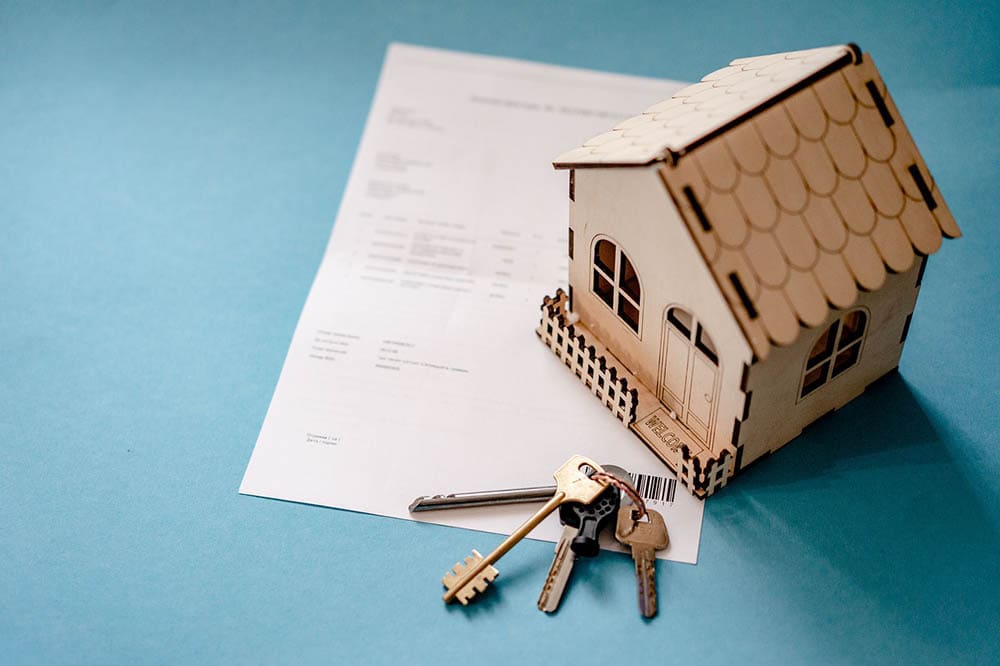Does Homeowners Insurance Cover Mold? Facts & FAQ
-
Brooke Bundy
- Last updated:

Household mold is a common problem, especially in areas that experience high humidity or frequent flooding. Newer houses are actually more prone to mold because they tend to be more tightly sealed in order to be energy efficient. Places where air doesn’t circulate, and humidity thrives can create a breeding ground for mold. More than likely, your homeowner’s insurance won’t cover mold remediation, but it all depends on what caused the problem to begin with.
When Homeowners Insurance May Cover Mold
If the mold growth occurred as the result of something else that the homeowner’s insurance will cover, such as a busted pipe, then mold remediation may be covered. For example, if your washer leaks and mold grows in your moist ceiling tiles below, they’ll likely pay for the damages. This is because the mold resulted from a malfunctioned appliance, not a human or natural disaster.
However, if the insurance company determines that the problem could have been humanly prevented, then they may not. For example, if you neglected to fix a broken bathroom vent the insurance company might determine the mold is your fault.

Why Homeowners Insurance May Not Cover Mold
In general, homeowners’ insurance won’t cover accidents caused by you or nature. This includes neglect and hurricane damage. Fires are an exception, as homeowners’ insurance will generally cover damage caused by an accidental or naturally caused fire. They’ll also cover mold damage if your house was doused with water by firefighters in an attempt to save it from burning down.
Does Flood Insurance Cover Mold?
Flood insurance will most likely cover mold if it was caused by flooding. If you live in a flood zone, you’re likely required by your mortgage lender to purchase flood insurance. It might be a good idea for you to buy it anyway if you live in an area that receives a lot of rainfall, such as Florida.
Conclusion
Mold remediation is an expensive treatment that’s likely not covered by your homeowner’s insurance policy unless it resulted from a mechanical emergency such as a burst pipe or broken water heater. If the mold growth resulted from neglecting to repair your home or through natural causes (except fire), it probably isn’t covered. If you buy flood insurance, mold remediation will be covered but only if it was caused by flooding, not neglect or other causes.
Always check with your insurance company to see if mold remediation is covered under your policy for the most accurate answer. The best way you can prevent mold growth is by maintaining your home, keeping the air ventilated and using a dehumidifier and an air purifier if you suspect excessive dampness.
Featured Image Credit: Vitalii Vodolazskyi, Shutterstock
Contents
